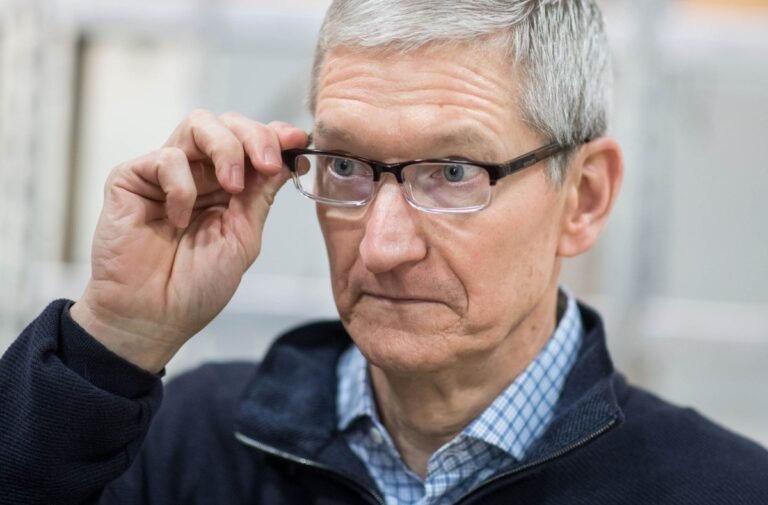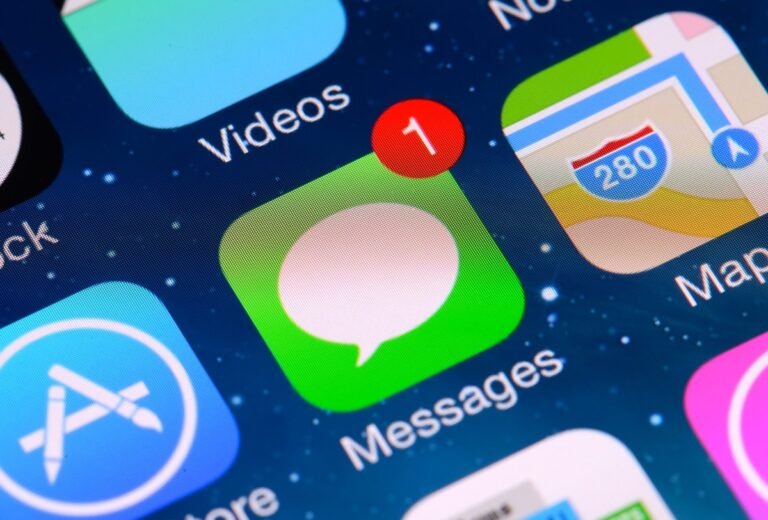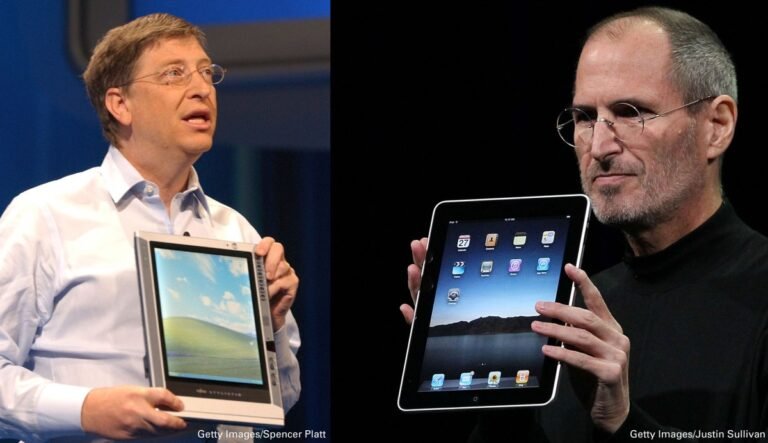
Indeed, with numbers hovering around 20% globally, it’s difficult to make the case that the company is dominating the competition the way Microsoft did Apple a quarter-century ago.
Apple suggests, however, that the DOJ’s suggestion that its “share of the entire U.S. smartphone market exceeds 65%” is misleading, as it refers to revenue rather than units sold.
It’s here the DOJ suggests that Apple commands 70% of the “performance” smartphone market.
Today, only Samsung and Google remain as meaningful competitors in the U.S. performance smartphone market.
Even Cupertino’s highly paid legal team would struggle to make the case that Apple Watch owners aren’t hamstrung by its iOS exclusivity.

Apple Pay is no stranger to regulatory controversy.
PayPal — the payments behemoth that has substantial businesses in mobile transactions and point-of-sale technology — was apparently instrumental in the original EU complaint around Apple’s payment monopoly.
The DOJ’s argumentApple today takes a 0.15% fee on any transaction made via Apple Pay.
In the meantime, Apple has continued to develop Apple Pay, launching — for example — its own buy now, pay later offering last autumn (pictured above).
Apple Pay and Apple Wallet are both a small part of Apple’s services revenues — which were upwards of $90 billion in 2023 — or indeed overall revenues.

But one category in particular caught our attention as the DOJ spends quite a bit of time talking about “green bubbles” and “blue bubbles.”When an iPhone user sends a message to another iPhone user, by default that message is sent using Apple’s iMessage protocol.
If an iPhone user texts an Android user — and vice versa — iOS falls back to the older, less secure but universal SMS protocol.
“Apple makes third-party messaging apps on the iPhone worse generally and relative to Apple Messages, Apple’s own messaging app,” the DOJ wrote in its lawsuit.
At this point, you might think: wasn’t the RCS protocol supposed to level up SMS messaging and alleviate these pain points?
It feels a bit odd that the DOJ is front-loading its antitrust lawsuit against Apple with the much talked about “green bubbles” vs. “blue bubbles” debate as there are far more serious and substantive issues.

The suit alleges that the company has a monopoly in the premium smartphone market and uses a variety of illegal tactics to perpetuate that monopoly.
Apple’s monopoly position is not nearly as clear-cut.
Microsoft Windows had well over 90% market share in the relevant market of operating systems for personal computers.
This argument is important because Apple’s market share is much lower globally (only 23%, with number-two Samsung at 16%).
There’s also a host of circumstantial proof, such as Apple’s massive and durable profit margins on iPhone sales.

The United States Department of Justice this morning filed a lawsuit accusing Apple of monopolistic smartphone practices.
Apple swiftly countered by arguing that — if successful — such a suit would inhibit its ability to compete in the crowded smartphone market.
This lawsuit threatens who we are and the principles that set Apple products apart in fiercely competitive markets.
We believe this lawsuit is wrong on the facts and the law, and we will vigorously defend against it.
At the same time, Apple has also been embroiled in lawsuits from Epic Games, challenging its App Store revenue practices.

AI is “not open in any sense,” the battle over encryption is far from won, and Signal’s principled (and uncompromising) approach may complicate interoperability efforts, warned the company’s president, Meredith Whittaker.
“The overall theme I’m seeing is a deep desire for accountability in tech, which we saw sort of animated mid-2010s.
That, then, has been weaponized; and I think we’re seeing surveillance wine in accountability bottles,” she said.
It’s a form of, again, parochial, magical thinking here,” said Whittaker.
But then Google published a couple of days later, like Microsoft is actually the monopoly because it has the OpenAI and sort of the Azure monopoly, right?









